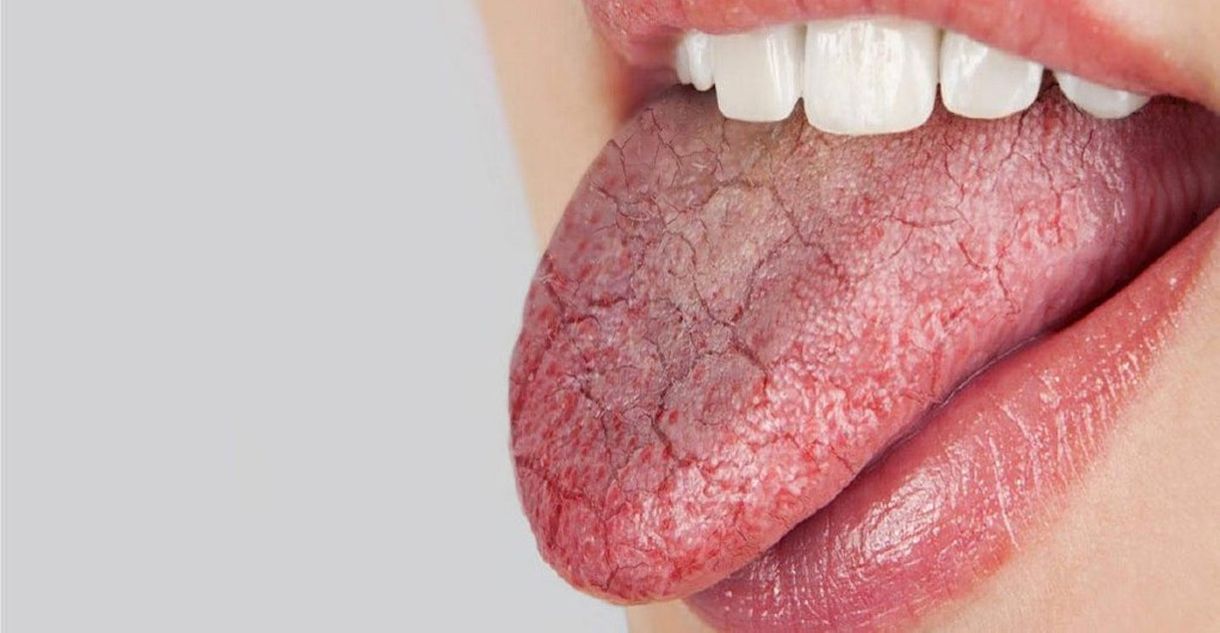Common Causes And Risk Factors For Gingivitis
Poor Nutrition

Gingivitis may be caused by receiving poor nutrition through the diet. Many nutrients the body relies on to carry out its homeostatic processes come from the food an individual consumes. Many minerals and vitamins the body requires cannot be produced by the body and must come from food. In particular, the immune system requires numerous minerals, vitamins, and other nutrients to perform at an optimal level. The immune system is responsible for fighting off harmful pathogens and foreign substances that attempt to invade the tissues of the body. An individual with poor nutrition may develop gingivitis due to the impaired functioning of their immune system. Plaque that accumulates on the teeth contains different types of bacteria that attempt to use the gum tissues to enter the body. A healthy individual may not develop an infection in their gums from the bacteria in plaque because their immune system can keep the bacteria at bay. An individual who does not receive enough nutrients and vitamins in their diet will have an impaired immune system that cannot fight the bacteria off as easily.
Keep reading for more information on risk factors of developing gingivitis now.
Dry Mouth

An individual who experiences dry mouth is at an increased risk of developing gingivitis. Dry mouth and xerostomia are terms used to describe when an individual's salivary glands in their mouth do not produce a sufficient amount of saliva to keep the mouth wet at all times. Several factors can cause an individual to develop dry mouth, such as taking certain medications, cancer therapy, aging, nerve damage, tobacco use, recreational drug use, alcohol consumption, metabolic disease, dementia, Sjogren's syndrome, AIDS, and snoring. Dry mouth causes an individual to have a dry or sticky feeling in their mouth, bad breath, difficulty chewing, sore throat, hoarseness, grooved tongue, changed sense of taste, difficulty speaking, thick and stringy saliva, and problems swallowing. Saliva is produced by the salivary glands in an individual's mouth and prevents the decay of teeth by interfering with the harmful acids bacteria in the mouth produce. Enzymes in the saliva help digest food and wash away food particles. Without enough saliva, it is easier for plaque and tartar to accumulate at the base of the teeth and cause the development of gingivitis.
Learn more about risk factors associated with gingivitis now.
